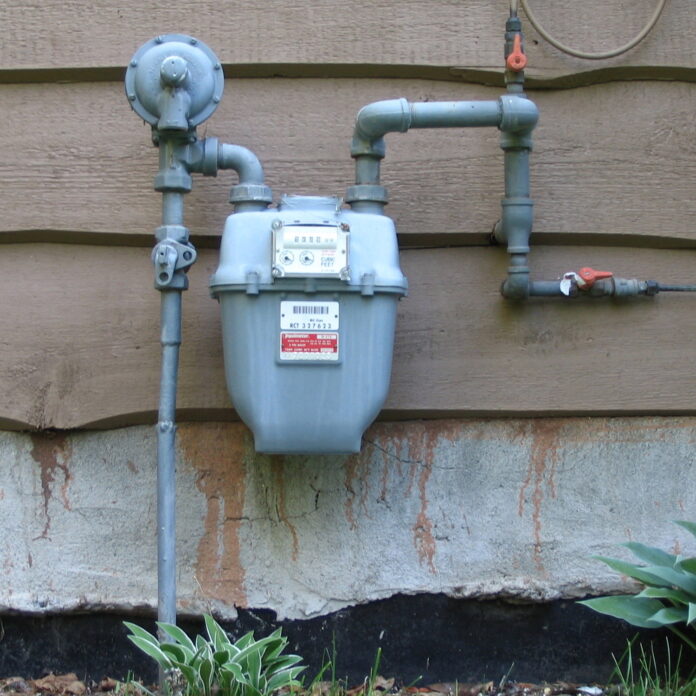The Senate has passed a bill to adopt the Weighted Average Cost of Gas (WACOG) to price the gas. Although it is being hailed as a remarkable achievement, for the consumers the bottom line is increased gas prices.
In a tweet Hammad Azhar (Minister for Energy) stated, “WACOG bill has been passed today (Thursday) by the senate as well. It is a historic and long pending reform that will ensure the energy security of Pakistan. We are now able to embark upon the reform of the gas pricing structure, remove anomalies and enhance supplies of imported gas”.
To understand how the bill would lead to an increase in prices for consumers, it would be prudent to understand what WACOG is. It essentially means that the costs associated with producing/procuring gas would be summed up based on the percentage [Weight] contribution of each source.
Tahir Abbas, Head of Research at Arif Habib Limited (AHL) explained that “RLNG [Regasified Liquid Natural Gas] rate stands at $15 mmbtu (metric million British thermal units) and makes up 23% of the share, whereas the price of local gas comes at around $3 and its share stands at 77%, which adds up to a weighted average cost of $5.76”.
To overly simplify it, mathematically this means 23% of the RLNG rate and 77% of the local gas rate are added together to get to 5.76$ per mmbtu. The regulated price is very low compared to the RLNG rate, therefore the government has to subsidise in order to keep on importing it. This directly translates to losses for the exchequer.
Furthermore WACOG provides the ability to bundle the prices of gas produced at different fields all over the country. This would theoretically make it simpler as to bring everything pertaining to the pricing of gas under a single umbrella.
In reality however it’s not this simple, LNG is procured in two different ways from the international market. The imports are made either through getting spot cargoes or signing long term contracts, each has its merits and demerits. Spot cargoes however can be costly if the government is unable to correctly anticipate demand as has been the case in the recent past.
Although the new bill means higher prices in the future, it is also necessary to sustain a stable supply and reduce the burden on the government to recover the costs of pricey RLNG.
As it stands local gas supplies and LNG imports currently have an approximate 80:20 ratio. This would change to 50:50 in the coming two years. Furthermore, the share of LNG would go up to 80-90 percent in the upcoming decades; implementation of WACOG would ensure the recovery of costs, Azhar said during a news conference last month.
To put this into perspective, let’s assume the price of RLNG and local gas rates remain constant for the next two years during which the mix of the two in terms of supplies went up to be 50-50. This would translate into a price of 9$ per mmbtu compared to the current prices of 5.76$ per mmbtu.
The present gas-producing provinces are however opposed to including LNG in average price because the provincial governments intended to give local gas to the districts where it was produced. As per the legal regulations of Pakistan the provincial governments have the first right to the natural resource, based upon its location in the provincial boundaries.
This means that provinces that currently have enough resources to sustain their provincial demand will also have to bear the weighted average cost of gas in their monthly bills. This seems harsh and unfair, however it is not possible for the government to sustain the staggering demand for RLNG without transferring the cost of it to the consumers.
Although provincial governments are in opposition to this bill to some level, it has been realised that the locally sourced gas will eventually run out and hence it would probably be wise to get on WACOG waggon the sooner the better.
Even though the price is expected to increase this bill is considered to be necessary for the greater good of the economy. The pricing of gas has been a key issue over the past governments as well. Because LNG [Liquified Natural Gas] had been defined as a petroleum product, the preceding governments could not set the consumer price of LNG as gas under current legislation. With this apparent landmark bill the government would have the capacity to recover the costs of RLNG from the consumers (even if they aren’t the consumer).
At present Pakistan mostly utilises locally sourced natural gas for domestic demand, however in recent years the reliance on imported gas has increased. This was inevitable, with local resources fast depleting and an ever growing demand for gas, we have to import the valuable commodity to keep the economy chugging.

























Good Information
laminate flooring